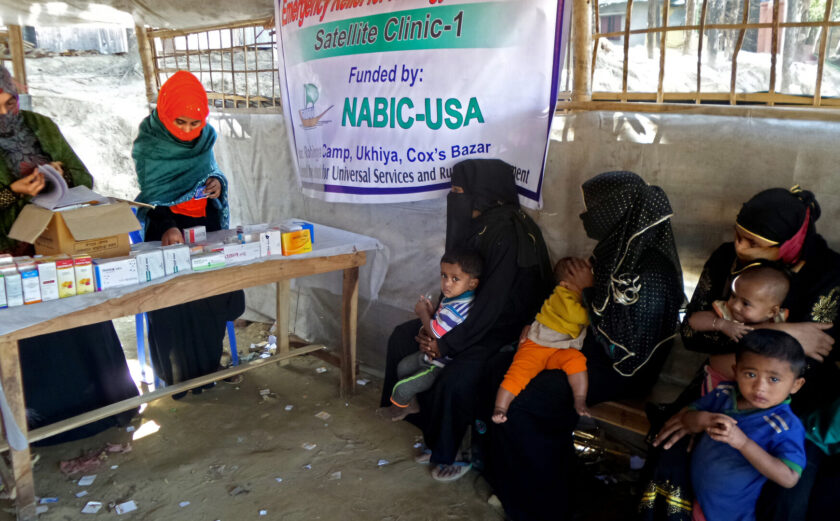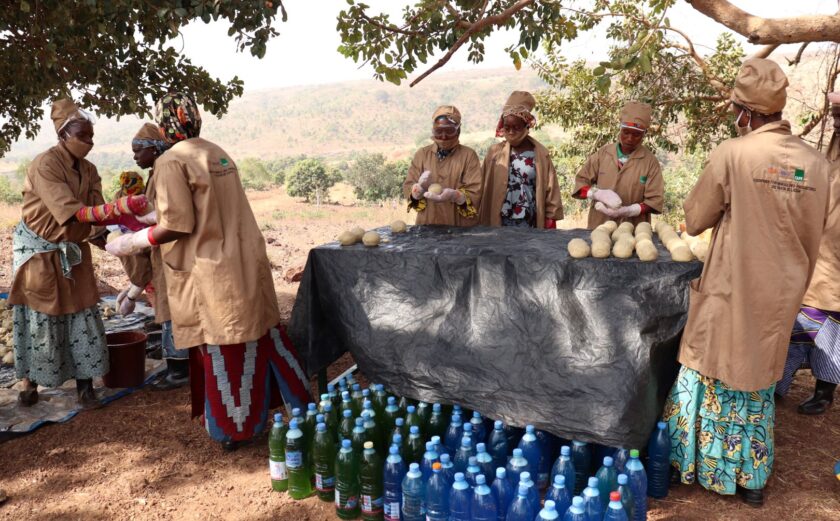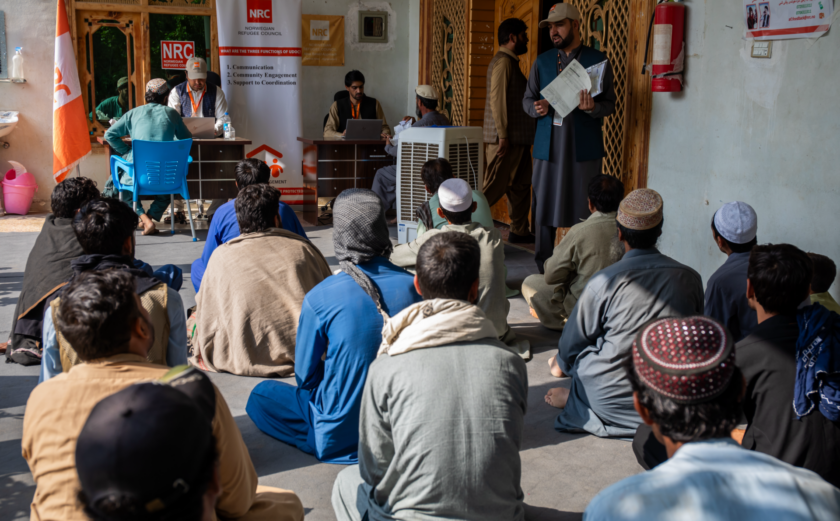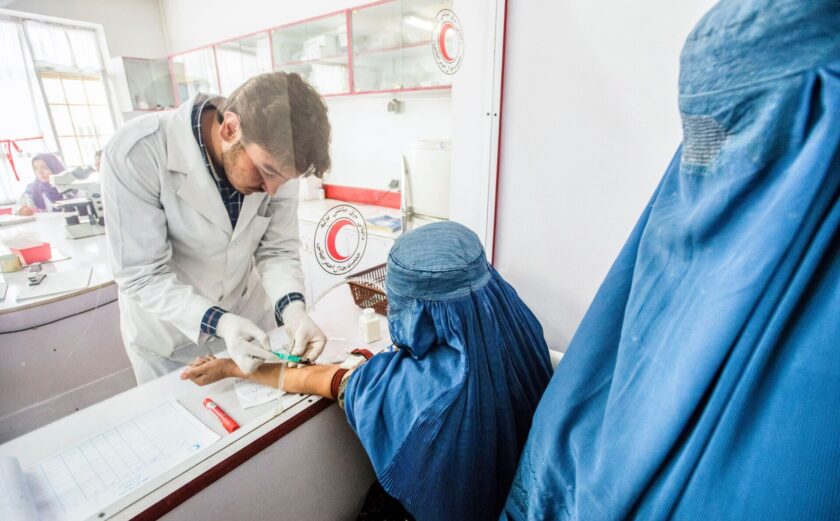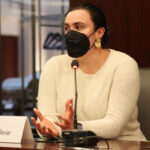
Haiti Gang Violence Deepens Risk of Food Insecurity
Haiti has seen repetitive crises and instability for decades, characterized by chronic socio-political instability, rampant violence—including sexual and gender-based violence, particularly toward women and girls—recurring natural disasters, and a prevailing absence of rule of law. But the situation has dramatically worsened in recent weeks.
Protests seeking the Haitian president’s ouster have caused the displacement of over 160,000 people in and around the capital, Port-au-Prince, bringing the country’s estimated displacement figure to 362,000, the majority of whom are women and children. Integrated Food Security Phase Classification (IPC) figures from March 2024 indicate a significantly worse situation than predicted for the period of March to June 2024. The total number of people in acute food insecurity (IPC3) now stands at 4.97 million, including 1.64 million in an “emergency” phase of hunger (IPC4).
Contributing factors include overarching market price increases, less rain than usual resulting in lower agricultural output, and higher dependence on an aid system that has not received enough funding. Humanitarian access is also increasingly difficult, as the border with the Dominican Republic, the international airport, and the seaport in the nation’s capital all remain closed.
Against this backdrop, concerns are mounting that without renewed humanitarian access, IPC and displacement numbers, as well as civilian casualties, will continue to grow.
Context
Power struggles have been ongoing for years in Haiti as rival factions vie for power. When alleged mercenaries killed President Jovenel Moïse on July 7, 2021, the situation escalated dramatically. Moïse-named Prime Minister, Ariel Henry, took over following the President’s assassination, promising to facilitate elections once the security situation allowed. As gangs became increasingly violent, elections were postponed indefinitely; they are now planned for August 2025.
On February 7, 2024, the day on which new Presidents usually take office, protestors took to the streets demanding Henry’s resignation. A few days thereafter, violence spiked as Henry was in Kenya negotiating the deployment of a United Nations stabilization mission and prominent gang member Jimmy “BBQ” Cherizier threatened top government officials. An already dire situation for the civilian population has only deteriorated further.
Recommendations
Haiti’s NGO forum, called “Cadre de Liaison Inter-Organisation (CLIO)” in Haiti and comprised of many of InterAction’s Members, stands in solidarity with Haitians and has expressed its deep concerns around the deterioration of the situation over the past month. In particular, CLIO is calling for:
- International funding that tackles root causes of the crisis and places the triple nexus of humanitarian, development, and peacebuilding efforts at the core of operations.
- Protection of humanitarian space to ensure that the basic needs of populations at highest risk are met.
- Centralization and empowerment of local resources in response efforts.
- Enhanced coordination between aid actors and stakeholders.
Read the full statement HERE.
Additionally, here are some of our Members’ statements in reaction to the deteriorating situation:
—
To join InterAction’s Caribbean Working Group, please contact Jill Watt at jwatt@interaction.org.
View our full list of working groups HERE.
